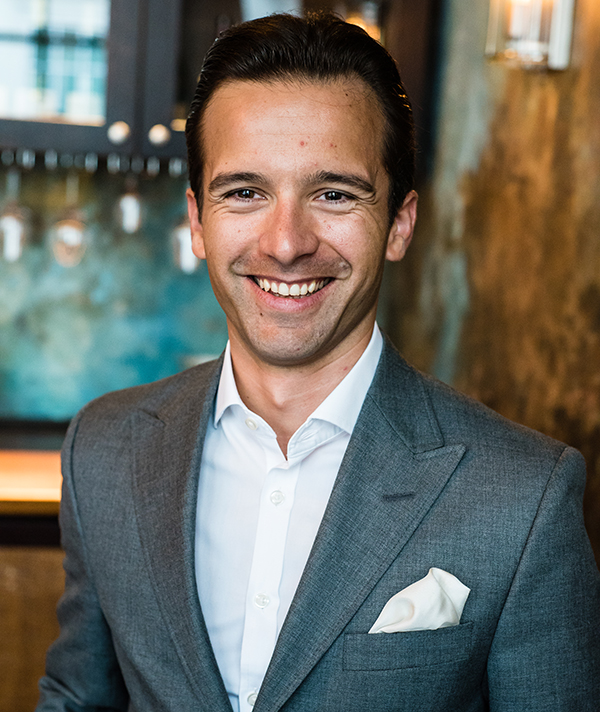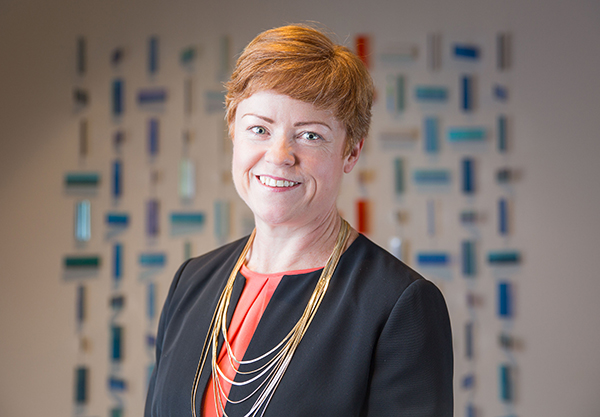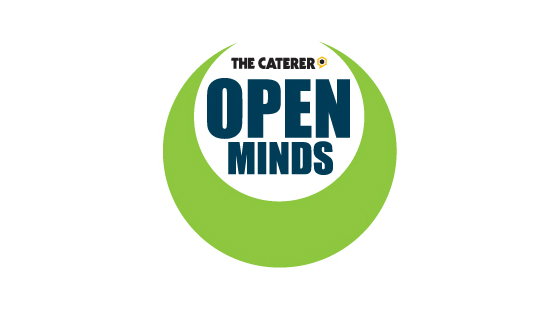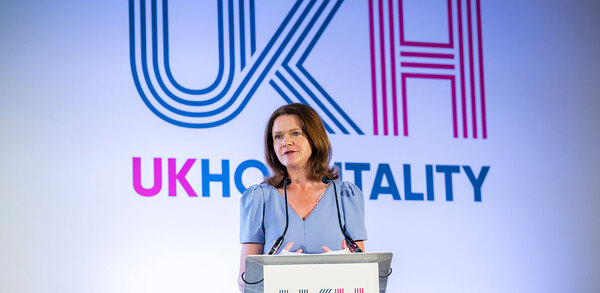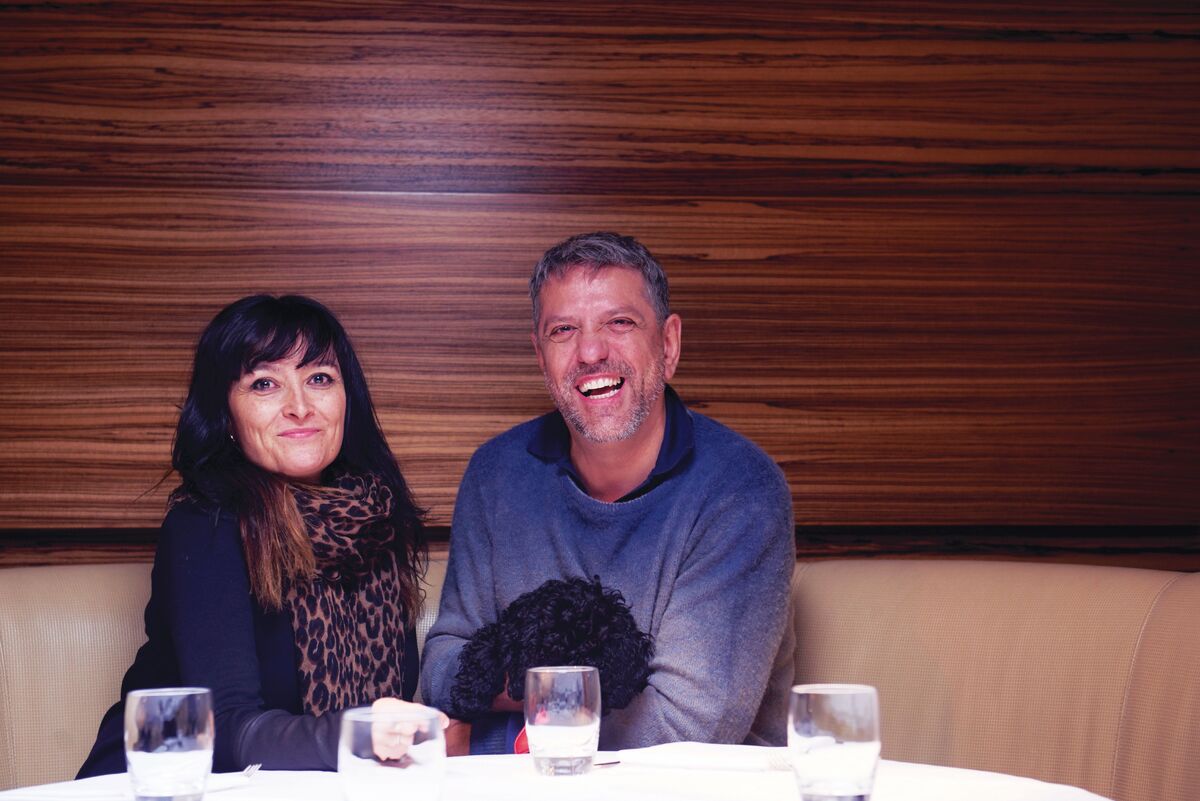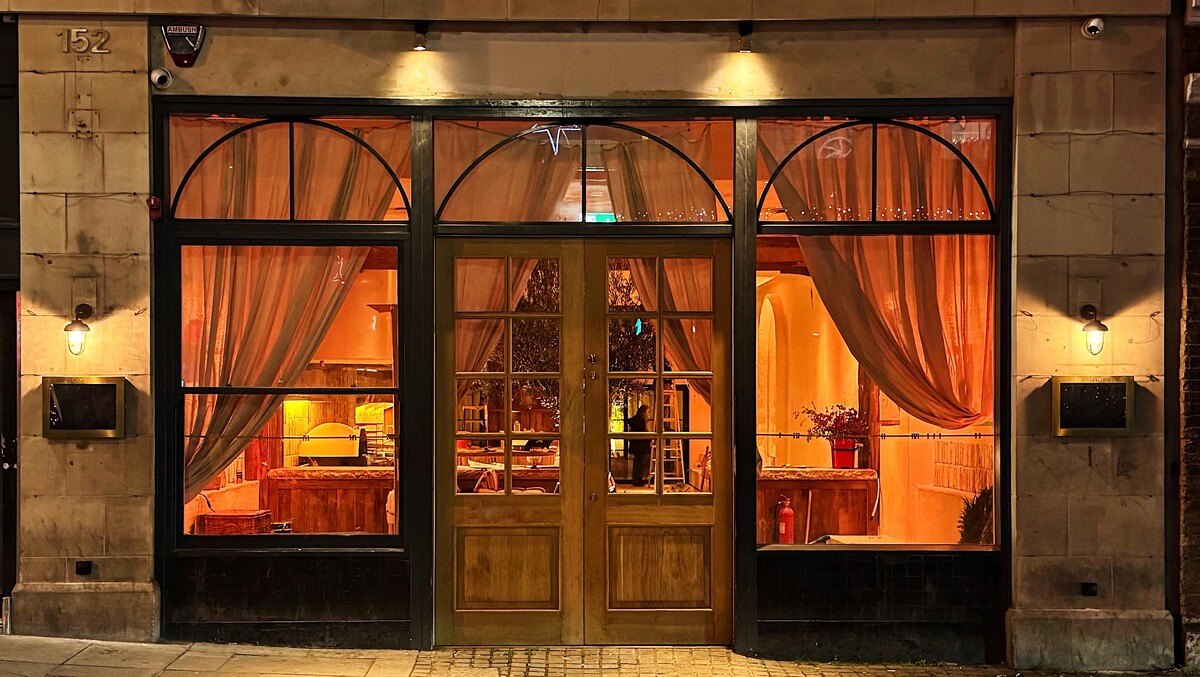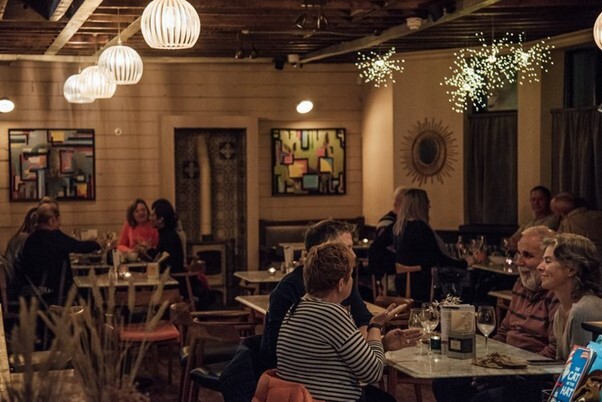Better business: innovative ways to support the mental health of your staff
Managers and employees are starting to break down taboos about discussing anxiety, depression and suicidal thoughts, with many companies now offering support to those who need it. But it seems there is still a long way to go â" and it is in the interest of employers to address the issue.
A report earlier this year by jobseeker site CV-Library found that more than a third of staff working in bars, restaurants and hotels suffer from mental health issues, with nearly half saying their job was a key contributor. It revealed that just more than half of workers (52.2%) have considered resigning from a job due to the lack of support in place.
The report also suggested how companies could retain more staff. More than a quarter of respondents (27.8%) believe that regular one-to-one catch ups could help employers to support staff who are suffering. Some 33.3% said theyâd appreciate the offer of professional help and 22.2% believe paid mental health days (time off) could help.
Many hospitality businesses already have these initiatives and others in place. Our case studies, below, offer a cross-section of companies that are using best practice to address the mental health of their workforce.
Giving workers space and support: M Restaurants
M Restaurants, which has four restaurants in London and 137 employees, has launched two initiatives this summer to reduce staff stress levels. In July, the company introduced M-indful Days, which are four extra days a year that staff can take when they choose â" be it a day when they just canât face the world, need a rest or want to help a loved one. Ultimately, the aim is to create a small package for the employee, with a fully paid day including wellness-related activities, such as a spa treatment.
In addition, in August, it became the first business to sign up to the Spill chat app, an anonymous platform that allows employees to text accredited counsellors about anxiety related to work. M Restaurants and Spill also hosted a âwellness in the workplaceâ event that included discussions on mental health and wellbeing in the industry.
The man driving these initiatives is operations director André Mannini, who says there are two reasons for addressing mental health in the industry. One is a philanthropic desire to improve the working environment and align standards with more cutting-edge industries such as IT; the other is to address the industryâs chronic staff shortages.
âA forward-thinking approach to employee wellness is necessary,â he says. âA new generation of restaurateurs and chefs is showing a desire to part from the old practices of our industry â" from the unpaid and over-worked, from the belittling and bullying in kitchens, and from the yelling chef, who on TV sadly condones and glamorises a behaviour that is horrific and is finally becoming a thing of the past.â
By the end of 2019, Mannini wants to have adapted the companyâs training school, M School of Hospitality, to help non-employed people. M Restaurants partners with organisations such as Not for Sale, the Clink and the Hive, which promote social change by giving people who need it a chance to get back on track.
âMy goal is to offer the M School â" at our cost â" as a continuation of the training such organisations provide, which could greatly help them to get full-time employment in M or other companies,â says Mannini.
The impact
Itâs too early to measure the effect on staff retention, but Mannini says: âThe feedback among the staff and management has been great and M-indful days have been an instant success. They have been used in many occasions precisely for the reasons they were designed, which feels very rewarding.â
The company also carries out anonymous surveys to measure employee happiness and will use the results to make improvements.
Offering practical help: CH&Co
Foodservice company CH&Co is aware of stressful trigger points among its teams. âThe hospitality sector is challenging in its very nature â" the rush of service, skill or staffing shortages, low margins, and so on. These can all play a part in generating extra stress,â says chief operating officer Terry Waldron.
âItâs also a rapidly changing world out there, with a whole load of pressures beyond any one individualâs control and that can be hard for some people to find their way through â" Brexit, immigration status, technology, social media, consumerism, and so on. Therefore, if we can raise peopleâs consciousness to the fact that some people may not be dealing with all of these issues as easily as others, that helps.â
In the first instance, the company offers all staff access to Hospitality Actionâs Employee Assistance Programme (EAP), an assistance line offering counselling, addiction support, legal guidance, debt advice and so on, to help them cope in times of difficulty.
âAll employees are made aware of it as part of their induction with the company and we regularly remind the team of its availability by advertising it in our quarterly staff magazine,â says Waldron. âOur HR team also recommends that people contact the EAP when they become aware of an issue with which it could help provide support.â
The company also gives team members practical help to offset stress. âIf it is an immigration status worry, we are helping EU workers gain settled status,â says Waldron. âOne managing director has recently launched an initiative called email-free Wednesdays to give people a break from the constant email avalanche we all get, and that is doing well. For other people, the ability to do flexible working helps them reduce the stress of their lives. It all depends on what the situation is, but as a company, we want to be as open to helping as we can be from a practical perspective.â
In addition, the company is running a pilot programme whereby all apprentices are enrolled on a cash-wise course. This âgives essential training to help them manage their finances, as poor financial management and its consequences can lead to stress and anxiety,â according to Waldron, who envisages that it will be rolled out across the business.
The impact
âItâs too early to say on our particular journey, but from past experience, there is a greater team bond, sickness reduces, and a more open culture develops,â says Waldron.
Care in the community: Hilton Bankside, London
As a St Julian Scholar, general manager James Clarke, who opened the 292-bedroom hotel in 2015, is a firm believer in giving back to the community and as part of his strategy â¨to engage locals in Southwark, he hosts Love Thy Neighbour events every three months.
But his idea of community also extends to nurturing the âhealthy mind, healthy spirit and healthy bodyâ of hotel staff. âMy philosophy is that as a team we take care of ourselves first and then from there we can take care of our customers and have fun,â he says.
To help achieve this, he has given staff the chance to volunteer at local mental health charity Dragon Café, which not only allows them to give back to the community, but also helps them to understand the issue of mental health, enabling an open conversation.
It all started when Clarke invited the hotel team to choose a local charity to support as a group. The Dragon Café, which offers social interaction, affordable, healthy menus and creative, free activities to support people with mental illness or who feel isolated, was the one that resonated with them.
âOne in four of us will have a mental health episode in our life,â says Clarke. âThe Dragon Café made a presentation to us and it moved a lot of people.â
The café is open every Monday from 11am to 8.30pm and a rota of between two and four volunteers from the hotel across all ranks give two hours of paid work time, supporting workshops, serving drinks and food, doing the washing up and so on. The hotel also looks at other small ways to help, such as washing the tea towels or raising money through yard sales.
âFor us, it is mostly about giving time and engaging with the community. Every three months, the charity gives a presentation, updating the team. We get full attendance at the briefings. It is about making a difference and for us to see it in reality.â
And it is easy to run. Executive assistant to the general manager Hannah Mitford, who heads the hotelâs culture committee, which meets monthly to discuss how the team can âtravel with purposeâ, says: âItâs voluntary and staffing is not an issue. We schedule in advance to suit demand.â
The impact
The initiative is creating a more open attitude to mental health issues within the hotel. âIt is a bottom-up approach and ensures the team is getting involved with the community and charity,â adds Clarke.
Last year the hotelâs commitment was recognised with the Community Engagement Award at Springboardâs Awards for Excellence.
Employing a designated expert: The Dorchester Collection
**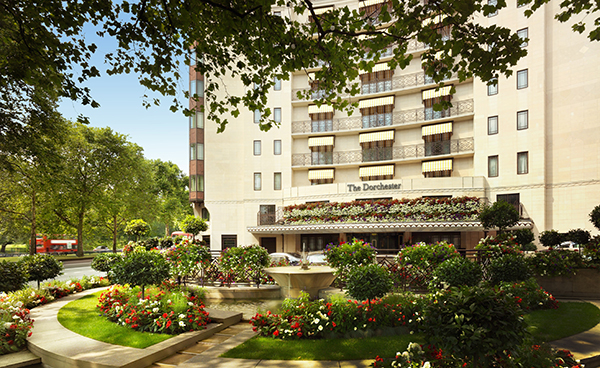
Occupational health manager Mike Gillam offers an approachable open-door policy available to all staff on a regular basis. âI provide regular one-to-one coaching with team members, access to support materials, Employee Assistance Programme resources and specific stress-risk assessments in the workplace. The role has strong backing from the highest group management and my overall purpose is to shape a continuing culture of wellbeing,â he says.
To maintain mental and physical health, the group also organises regular sporting activities outside of work, such as football, yoga, softball, nutrition awareness and a running club.
The impact
âHospitality is a highly competitive industry, and at times being the best can take super-human effort,â Gillam explains. âIf a team knows they are fully supported by both their leaders and their peers in all aspects of their wellbeing, they are more likely to enjoy a career that is personally fulfilling as well as successful.â
Help behind the bar
Healthy Hospo was founded a year ago by Tim Etherington-Judge, who had a mental breakdown in 2016 while working as a global drinks brand ambassador. âWe talk about the fun side of the drinks industry, but nobody talks about the cost to our health,â he says.
The pubs and bars sector is particularly vulnerable to mental health issues through a combination of unsociable hours, lack of sleep, poor nutrition from late-night takeaways, not enough exercise and greater opportunity for alcohol abuse.
Working with the benevolent charity, the mission of the not-for-profit social enterprise is to introduce preventative measures so that pub and bar staff stay happy and healthy. Training programmes, for instance, and encouraging staff to get involved in activities that donât involve drink.
âItâs a young personâs problem, as bar staff are usually under 35,â he says. âHealthy Hospa aims to prevent you getting to the edge.â
For more information, visit www.healthyhospo.com
Hospitality Action
Mark Lewis, chief executive of Hospitality Action, explains the benefits of ensuring staff feel supported
Why should hospitality employers be more aware of mental health issues?
The hospitality industry is unique in terms of the pressures that workers face. Staff have to juggle long hours, work split shifts and always be at their very best, as we are all aware that you are just a step away from a damaging review or complaint if you slip up.
A further challenge for those who could be at risk of developing addictive behaviours is that hospitality jobs often involve working in close proximity to alcohol; or, it could be that the only places that are open for them to socialise and relax are local casinos or bars, depending on the hours they work.
So it is extremely necessary to provide these initiatives to those in this industry. Companies not only have a legal duty of care towards their team members, but a moral one too; staff work hard for their employers and deserve to be supported and valued. This, in turn, creates drivers to keep businesses sustainable: happy, engaged staff remain loyal, retention rates increase and staff recruitment costs are reduced. And, of course, happy staff means happy customers.
What initiatives can employers adopt?
There are many businesses that are working hard to support their staff by offering mental health and addiction awareness training alongside flexible working policies as well as scheduling regular catch-ups with their team members, ensuring there is an open-door policy and better lines of communication.
Many companies are also offering access to an Employee Assistance Programme (EAP) to provide resources to support staff. That said, there are still too many businesses that unfortunately arenât â¨always aware of how best to deal with these issues and consequently are not supporting their employees adequately.
What benefits have been seen?
The benefits are huge. Employees who feel supported, through both good and bad times at home and/or at work, are able to better deal with the pressures they faceâ¨in the industry. Employees also feel more motivated and engaged, which leads to increased productivity and staff retention, thus increasing ROI and creating savings â¨in recruitment costs. An added bonus, as I stated previously, is that happy staff are more likely to mean happy customers, and ultimately, this all contributes to creating â¨a more stable and sustainable business.
Tools to help
Organisations that provide tools to help companies improve their policies include:â¨
⢠Hospitality Actionâs Employee Assistance Programme â" www.hospitalityaction.org.uk
â¢Â The Chartered Institute of Personnel and Development offers a competency framework to help line managers gain the skills required to reduce and prevent stress at work â" â¨www.cipd.co.ukâ¨
â¢Â Healthy Hospo â" www.healthyhospo.comâ¨
â¢Â The Benevolent â" www.thebenevolent.org.ukâ¨
â¢Â Mental health campaign Time to Change www.time-to-change.org.uk
TO READ THE CATERERâS FULL MENTAL HEALTH IN HOSPITALITY REPORT, DOWNLOAD YOUR FREE COPY HERE
Or read the rest of our special issue on mental health in hospitality industry:
⢠Viewpoint: Reassess your attitude to mental health, by Mark Lewis, Hospitality Action
â¢Â Mental health in hospitality: the results of our survey on mental health at work
â¢Â Keep an open mind: hospitality professionals share their stories about mental health
â¢Â The Caterer interview: Andrew Clarke, chef at St Leonards and Brunswick House, on his personal journey out of depression
â¢Â How to… support team wellbeing
â¢Â This much I know: Simon Boyle, chef and founder of Brigade Bistro, London



